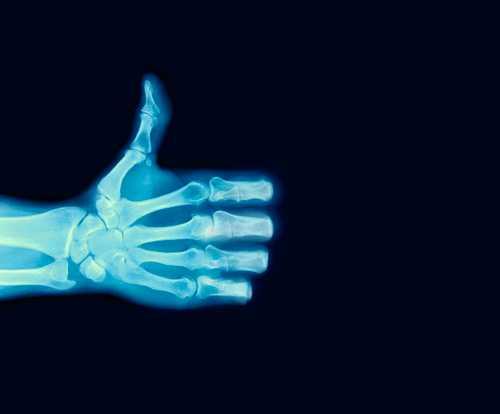Why We Like What We Like
Curated from: newyorker.com
Ideas, facts & insights covering these topics:
6 ideas
·2.77K reads
5
Explore the World's Best Ideas
Join today and uncover 100+ curated journeys from 50+ topics. Unlock access to our mobile app with extensive features.
We don't know what we like
We often don't like what we say we like. We come to enjoy things we thought we hated and we are poor at predicting what we will possibly like.
We can't articulate the reasons we prefer one thing over another. We often decide we like something without cause or like something that was subtly suggested.
104
797 reads
Choice and preference
Any action that entails a choice also entails a preference, for example, what to read, what to wear. We try to find work we like, entertainment we like, people we like.
Behind every preference is a combination of inputs including reasons, hunches, bodily needs, past experiences, unconscious desires, social pressures, and price point.
93
537 reads
Taste today is a big business
- Online marketing strategies have become very sophisticated. The Internet uses a huge amount of data collected from clicks to produce a taste fingerprint for every consumer that uses a Web site or app.
- Customer reviewing is lay expertise and not trustworthy. We often find ourselves identifying with one-star hotheads. We want to know if things go wrong, how bad it will be. High number ratings may reflect "positivity bias."
82
374 reads
The Internet does not produce reality
With the Internet, we do not see reality. We're seeing what the algorithms want us to see. We spend half our days in the digital mall without borders doing work and errands.
Digitalization promises to absorb existing technologies, from paper and vinyl to maps, newspapers, cameras, telephones, and lecture halls. With it comes some loss—the three-dimensionality of certain experiences, e.g., acoustic, theatrical, and the palpable such as a book.
82
366 reads
Changing tastes allow for progression
The Internet won't replace everything, and one day something else will replace the Internet. Then we will all be used to it, and we will miss it when it's gone.
If taste were not easily changeable and people only liked what they have always liked, we could never develop a taste for something else,
86
305 reads
Aesthetic appreciation is learned
Two factors that influence our taste are social consensus and familiarity. We need time and help to appreciate a work of art.
Art appreciation develops in the same way as other tastes. One person will comment on liking something, and a consensus builds that it is worth liking. Aesthetic appreciation is then supposed to be learned and shared.
88
393 reads
IDEAS CURATED BY
Zara Michaels's ideas are part of this journey:
Learn more about personaldevelopment with this collection
How to prioritize self-care in the workplace
How to adapt to new work arrangements
How to maintain work-life balance
Related collections
Similar ideas
3 ideas
Taste: why we like what we like - Ness Labs
nesslabs.com
5 ideas
Science Explains Why We Have Favorite Colors
science.howstuffworks.com
9 ideas
The 9 Biggest Health Myths Debunked
huffpost.com
Read & Learn
20x Faster
without
deepstash
with
deepstash
with
deepstash
Personalized microlearning
—
100+ Learning Journeys
—
Access to 200,000+ ideas
—
Access to the mobile app
—
Unlimited idea saving
—
—
Unlimited history
—
—
Unlimited listening to ideas
—
—
Downloading & offline access
—
—
Supercharge your mind with one idea per day
Enter your email and spend 1 minute every day to learn something new.
I agree to receive email updates

